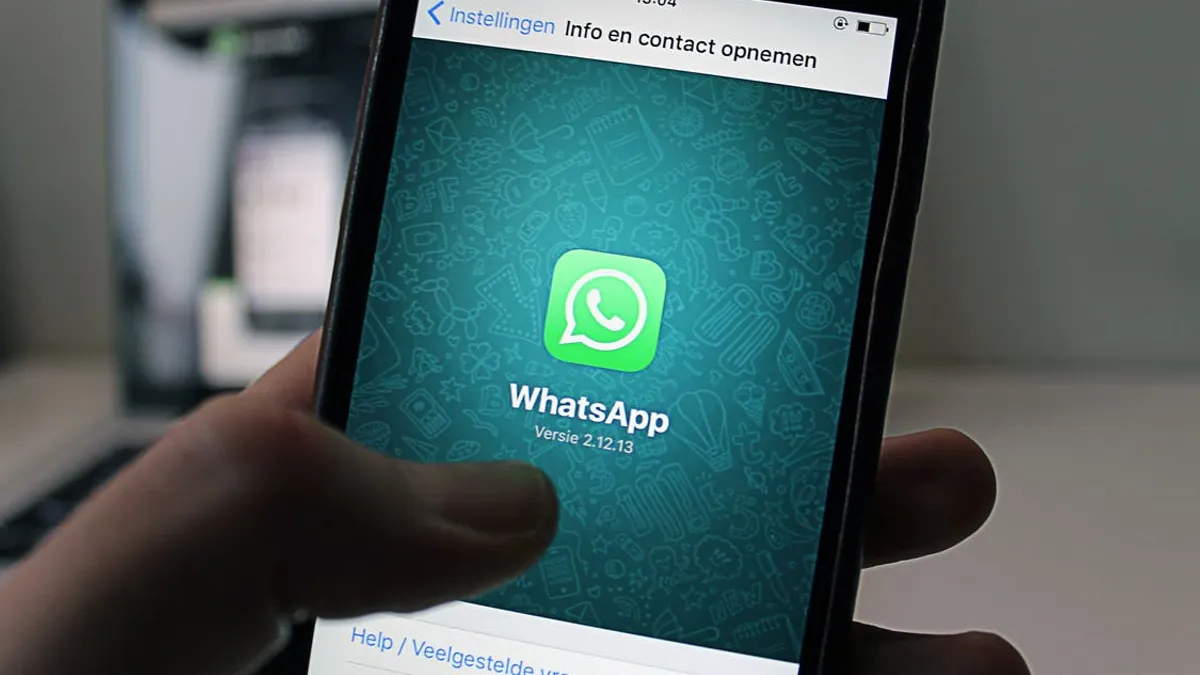Brief:
- Facebook warned that its advertising business has been "adversely affected" by the coronavirus pandemic despite more people using its apps, according to a Tuesday blog post attributed to Alex Schultz, VP of analytics, and Jay Parikh, VP of engineering.
- Messenger services like Messenger and WhatsApp have seen a large bump as locked-down consumers look to stay connected, particularly in areas hardest hit by the coronavirus such as Italy. Facebook claimed that total messaging has increased more than 50% in the past month in many of those countries, causing strains on its technical infrastructure.
- However, Facebook doesn't monetize many of the messaging services receiving a boost at the moment. It's also experienced a general "weakening" in its ads business, per the blog post, as the pandemic has led many businesses to shut down to prevent spreading the virus.
Insight:
Facebook joins Twitter in acknowledging that the coronavirus pandemic is generating a spike in user activity, but steeper losses on the revenue end of its business. This trend will likely affect most ad-supported platforms, signaling that the entire digital advertising sector — which Google and Facebook dominate — could be seriously disrupted by the coronavirus, adding to other pressures that have mounted during the outbreak.
As the pandemic wears on, the economic consequences are proving to be severe. The duopoly of Google and Facebook together could lose up to $44 billion in 2020, becoming the platforms hardest hit by the current volatility, according to new Cowen & Co. analyst estimates reported in Variety. However, the firm said it expects both companies to stay profitable despite the slides in revenue.
Facebook is experiencing difficulties now because the types of services people are turning to in droves — WhatsApp and Messenger, group calling or livestreaming on Facebook and Instagram — aren't monetized with ads in the same way the network's core platforms are. Facebook has also reported an "unprecedented increase in the consumption of news articles" on its main site due to the virus, according to The New York Times, but that might not translate into a revenue bump.
Many marketers are cutting back or entirely freezing their spending as uncertainty looms and millions of consumers stay indoors. In kind, Twitter this week pulled its Q1 revenue outlook, citing shrinking advertiser demand. It was the first major ad-supported platform to disclose the pandemic's impact on business.
Ad spending could be down up to 50% across the industry, Rob Griffin, founder of the consulting firm G5 Futures, told Bloomberg. An anonymous digital media executive told Bloomberg that viewing on Google's YouTube has surged in the past week, but CPMs have fallen 8%.
Digital ad spending was expected to overtake traditional ad spending in the U.S. for the first time last year, according to eMarketer estimates. The current situation hitting Facebook, Twitter and their peers reinforces that the channel's flexibility can create near-term volatility, as marketers stop campaigns as either a cost-saving measure or to avoid coming off as tone-deaf during a period of high consumer sensitivity.















